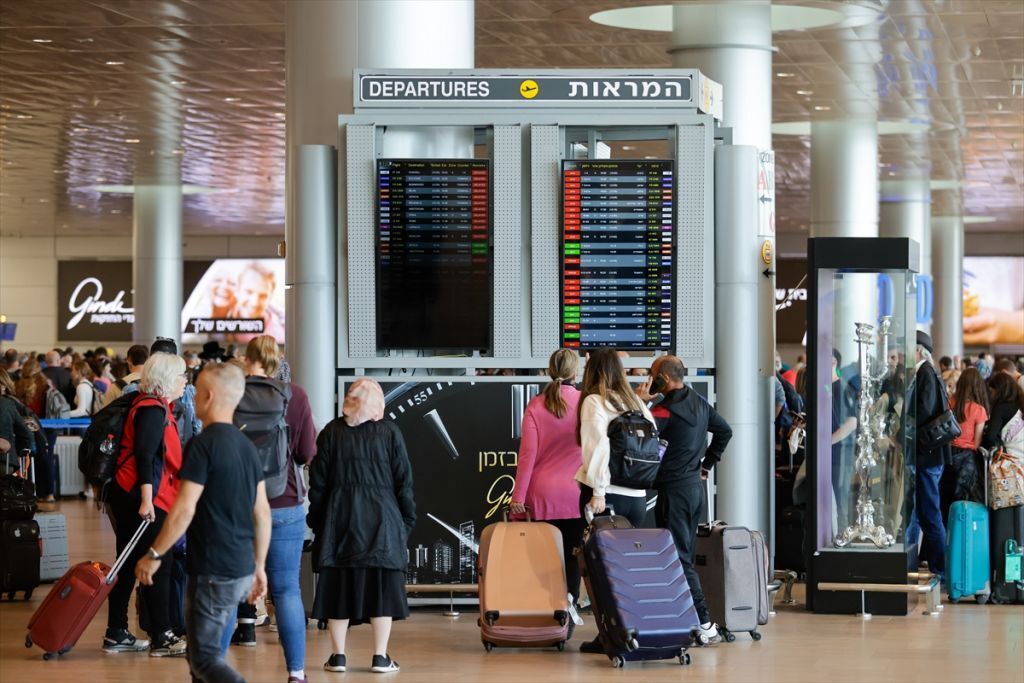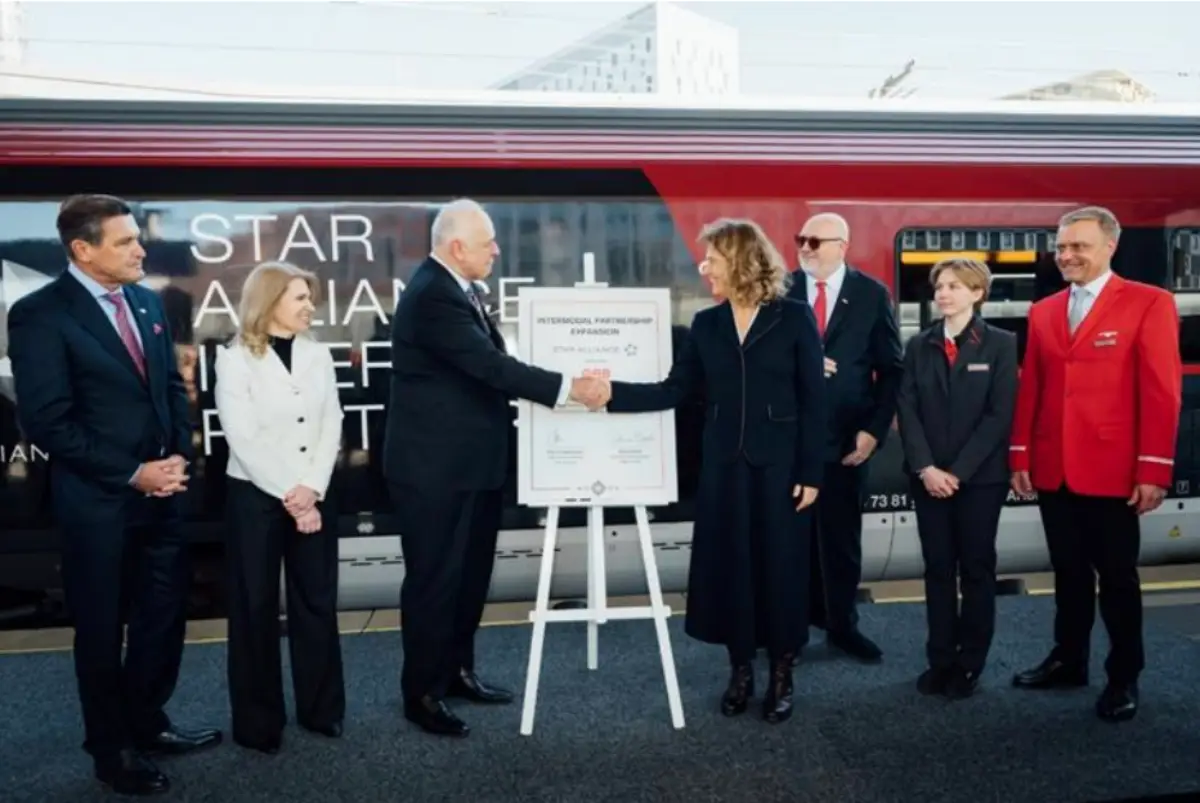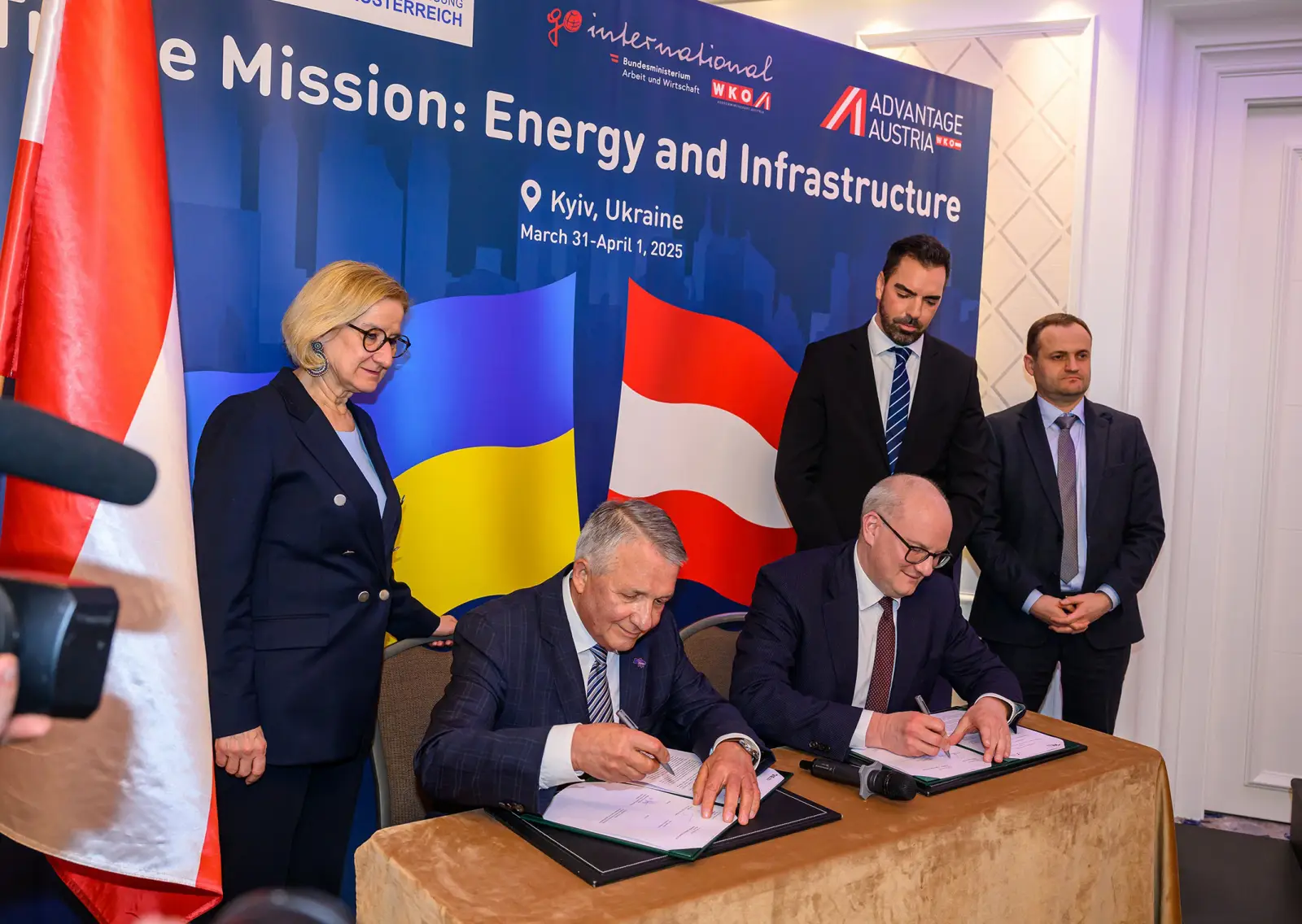Many airports are struggling to cover their operating expenses and major capital costs, due in large part to a squeeze on airport fees by airlines. The world may face a shortage of vital airport infrastructure in the next 15 years unless regulatory change sees airlines paying a fairer share of airport costs.
Angela Gittens, director general of Airports Council International (ACI World) will deliver a keynote speech about that topic at the 21st World Route Development Forum taking place at the Durban International Conference Centre (Durban ICC) in South Africa on 19 – 22 September.
According to Gittens, a forecast doubling of global air passenger numbers by 2031 means that decisions about how airports will manage increasing demand need to be made now.
Gittens says: “In many instances, airlines are not paying the cost of the airport infrastructure they use. In fact, we are now seeing some airlines pushing for even lower airport charges, arguing that such cuts would save passengers money and thereby boost employment opportunities. We believe such arguments are flawed and make overly optimistic assumptions of how directly passengers would benefit from such cost reductions.
“Airports have been resourceful and determined in reducing the cost burden upon airlines. Carriers are already benefitting from two major trends in how airports levy aeronautical fees, with a move away from weight-based charging and increasing itemisation and transparency in fee structures. Airports are now deriving on average 62% of revenues from passengers, through retailing and other activities, and only 38% from the airlines they serve.
“However, airports cannot make the significant investments needed to meet rising demand without greater airline support. To permit this, airports must be able to charge airlines more appropriately. Increased competition, capacity constraints and congestion – especially among major hub airports – have significantly reduced the need for restrictive regulation. Airports must be allowed the freedom to charge airline customers for the facilities they use, ensuring that future demand can be managed safely, securely and efficiently.”
Gittens will expand on her theme in her keynote address on the opening morning of the World Routes Strategy Summit, to be held on 20 and 21 September at the Durban ICC. The summit, which is open to all World Routes delegates, includes more than 50 speakers from over 20 countries, including Tewolde Gebremariam, CEO of Ethiopian Airlines; David Scowsill, President & CEO of World Travel & Tourism Council; and Giorgio Callegari, Deputy CEO of Aeroflot.
The Strategy Summit will bring together senior leaders and key stakeholders from aviation, airports and tourism under one roof to participate in discussions affecting aviation and travel today, such as route development, infrastructure, airport growth, security, visa restrictions, regulatory challenges and how new airline service can change a city’s or a country’s fortunes.
Additional speakers will represent IATA, Airbus, Boeing, Air China, Fastjet, Vueling, Tourism Australia, Visit Scotland, Malaysia Airports, China Business Network, Air Zimbabwe, VivaAerobus, Southwest Airlines, Brand USA, Condor, Kenya Airways, Visit Florida and SimpliFlying.













